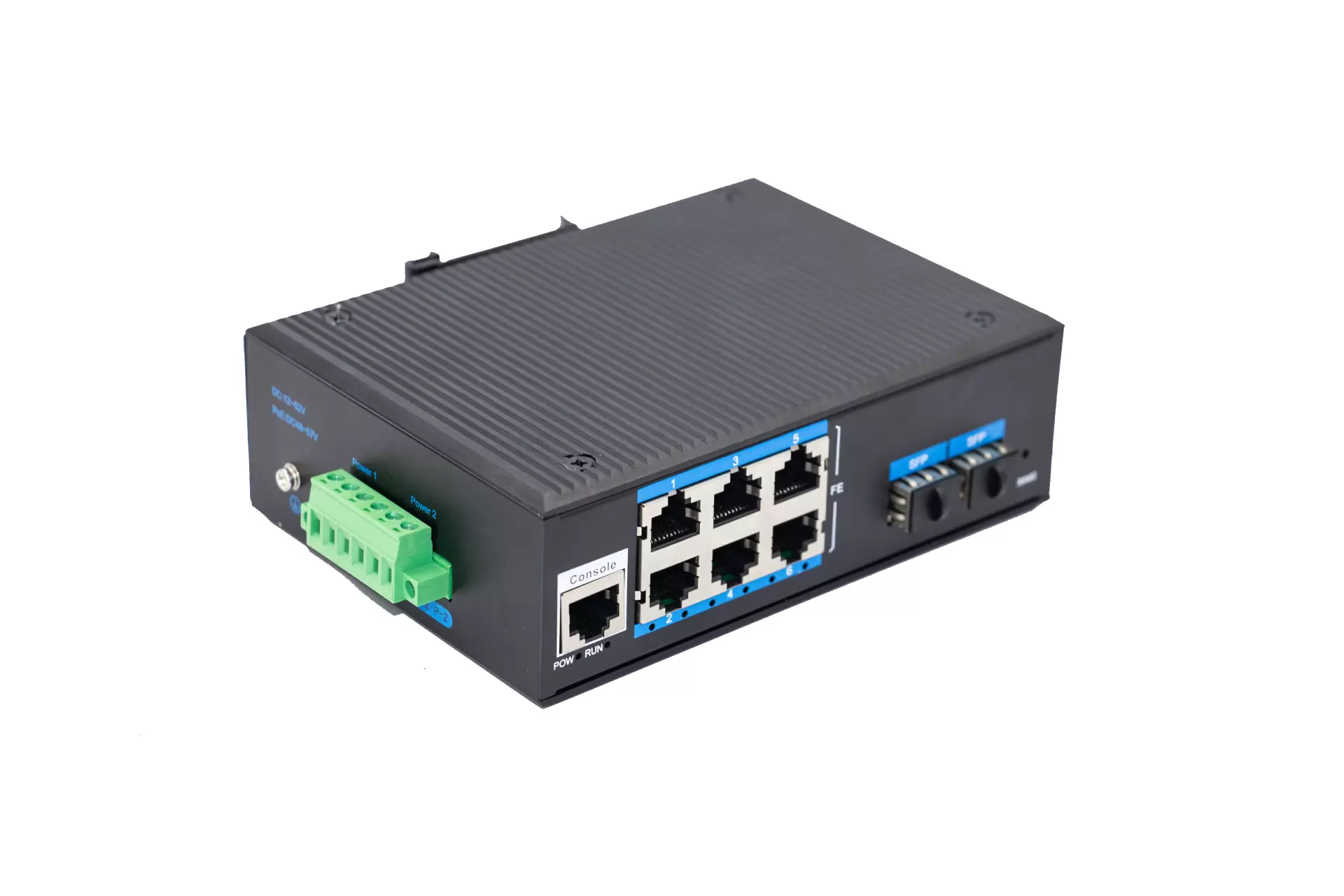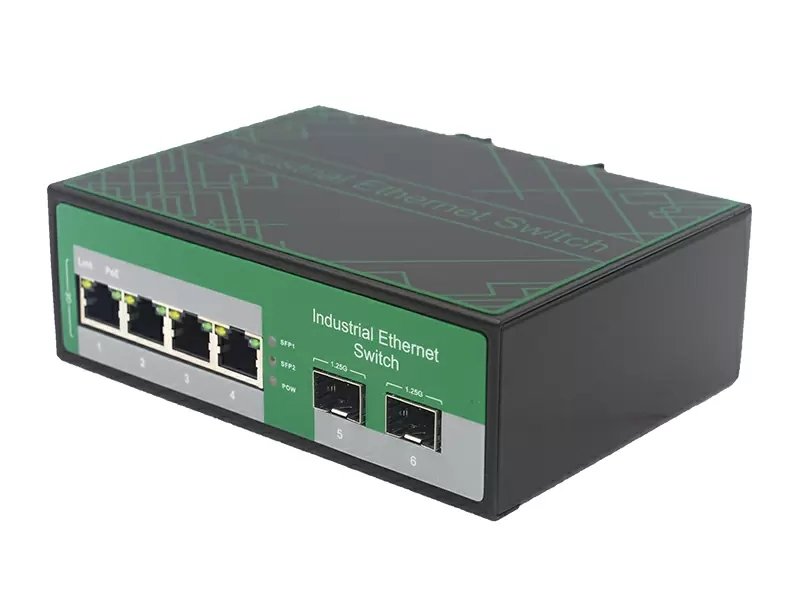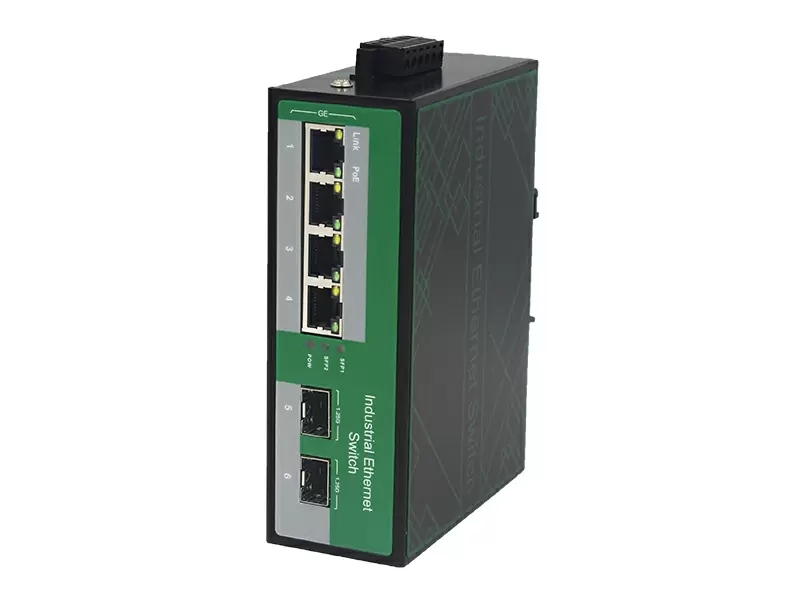.

1. Exploring the Secrets Behind Industrial Switches' Anti-Interference Ability
Industrial switches play a crucial role in the modern era of advanced connectivity. These high-performance devices are designed to withstand the harshest environmental conditions and ensure the seamless functioning of industrial networks. One of the key features that sets industrial switches apart from their commercial counterparts is their exceptional anti-interference ability. In this article, we will dive deep into the significance of anti-interference ability in industrial switches and understand how they effectively combat various sources of interference.
2. The Importance of Anti-Interference Ability
Industrial environments are often filled with electromagnetic interference (EMI) caused by heavy machinery, motors, power lines, and other electrical equipment. This interference can severely hamper the performance and reliability of network switches. Therefore, the anti-interference ability of industrial switches holds paramount importance in ensuring uninterrupted data transmission and network stability.
3. Shielding Techniques for Enhanced Anti-Interference Ability
To combat EMI, industrial switches employ several sophisticated shielding techniques. These techniques include:
a. Electromagnetic Interference Shielding: Industrial switches are built with robust metal enclosures that act as a protective shield against external electrostatic and electromagnetic fields. These enclosures, made from materials like aluminum or galvanized steel, effectively prevent EMI from penetrating into the network infrastructure.
b. Surge Protection: In addition to external shielding, industrial switches feature built-in surge protection circuits. These circuits safeguard against power surges, lightning strikes, and voltage fluctuations, which are common causes of interference in industrial settings. By diverting excess energy away from sensitive components, surge protection helps maintain the integrity of the network.
c. Grounding Techniques: Proper grounding is vital for eliminating electrical noise and reducing interference. Industrial switches incorporate grounding techniques such as a grounded metal chassis and grounding wires, which minimize the impact of electromagnetic interference on the network performance.


4. Enhanced Reliability for Uninterrupted Operations
The exceptional anti-interference ability of industrial switches translates into enhanced reliability for industrial networks. By effectively mitigating EMI, these switches ensure uninterrupted data transmission, minimal network downtime, and improved overall productivity. Businesses relying on industrial networks can have peace of mind knowing that their critical operations can withstand the challenges posed by surrounding electrical equipment and harsh environmental conditions.
In conclusion, the anti-interference ability of industrial switches plays a vital role in maintaining a stable and reliable network infrastructure in demanding industrial environments. The implementation of advanced shielding techniques and surge protection, coupled with effective grounding, empowers industrial switches to combat the diverse sources of electromagnetic interference. With these robust devices in place, businesses can achieve seamless connectivity, higher productivity, and the confidence to navigate the complexities of the industrial landscape.


